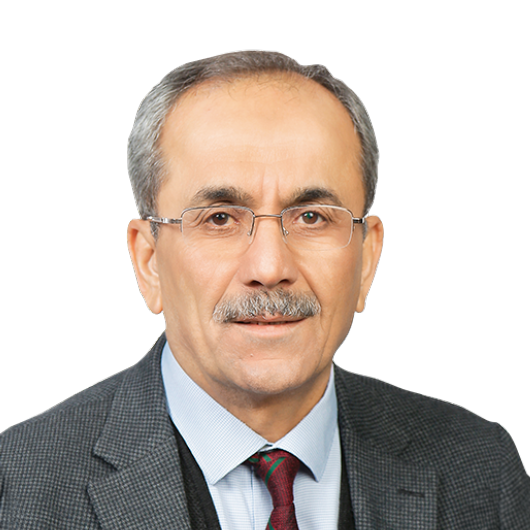When the Soviet Union collapsed, the Islamic world experienced one of the biggest invasions of modern times. This signified a new era in East and West relations from the start of the 1990s. One of the most distinct characteristics of the time was that military interventions paved the way for new invasions. There is no doubt that this was an important development in terms of imperialist hegemony. However, there was no faith that a new resistance line could develop against this to stop the invasion. Ideological pressures intensified in order to prevent the formation of a resistance line. The Islamic world was sieged ideologically as well. While the “civilization mission” in the 19th century was the ideological tool of European nations’ expansionist policy, the terror bracket would produce more effective results in the 1990s. The terror accusation was able to establish grounds for the West’s military interventions. The West was going to take democracy to the Islamic region. But, in reality, they wanted to collapse the likely resistance lines so they could invade countries. Though they largely achieved their objective in the 19th century, despite causing major destruction, this was not the case after the 1990s.
Iraq was not the only victim of the invasion in the early ‘90s. North African countries were also dragged into major instability again. They caused great destruction, particularly in Algeria. Other African countries were also on the target board for the new invasion. For example, France wanted to settle back into its former colonies. Post-Arab Spring, they dropped the neo-colonialist policy and showed physical presence. One of the most important outcomes of the events in the early ‘90s was the pursuit to renew the colonialist invasion. So to speak, there was a transition from the U.S. imperialist policy to West Europe’s colonialist system. This renders the last three decades even more critical, because in the final phase, the U.S. had to leave Afghanistan, and France had to leave Mali. This is no ordinary event. Yes, it was thought Islam’s central region would collapse again, but the events show that they failed to make this happen. Despite all the destruction it experienced, the Islamic region did not collapse, and a new disintegration period did not happen.
There is deep reaction to the U.S. and West Europe in Africa, and the Islamic region. This is expressed in Western media as well. In addition to this, it is noted that Russia and Türkiye are strengthening their position especially in the coastal region and in North Africa through new alliances. In this respect, the mention of conflict between France and Türkiye is worth focusing on, as the fact that Russia and Türkiye are placed in the same category in the African context after the Ukraine War is a striking development. Why doesn’t Russia see the same reaction that the U.S. and France see? For example, Russian presence does not draw attention in Mali or a similar African country, but French military forces provoke political rage. We can ask the same question in relation to Türkiye. Surely Russia and Türkiye cannot be put in the same category, but we cannot claim that these questions are meaningless. We need to focus on the meaning of why Türkiye has no colonialist or imperialist past in Africa in very different aspects. Does the same apply to Russia, or are they experiencing the advantages of the anti-colonialist policy of the Soviet era? Despite the obvious differences between Türkiye and Russia, it is quite important that these two countries are placed in the same category in the African context.
France had claimed it was fighting particularly in Mali against Islamists and terrorism. The U.S. brought these claims up on the agenda many times in the last three decades. France followed the same path. Yet, despite this, neither country was able to achieve its objectives. France’s effectiveness in the coastal region is increasingly diminishing. It is clear that a similar case will be in question in the following period regarding U.S. presence in Iraq and Syria. They wanted to establish a corridor state with recognized terrorist organizations such as the Kurdistan Workers’ Party (PKK) and the Democratic Union Party (PYD). They associated Islam with terrorist concepts in order to achieve this aim. Their mobilization of the Fetullah Terrorist Organization (FETO), a proxy power of colonialist expansionism, was also directly related to the new invasion.
Türkiye is Islam’s most important power in the center region. The resistance line here is keeping an entire region alive, which will lead to major surprise results.




















